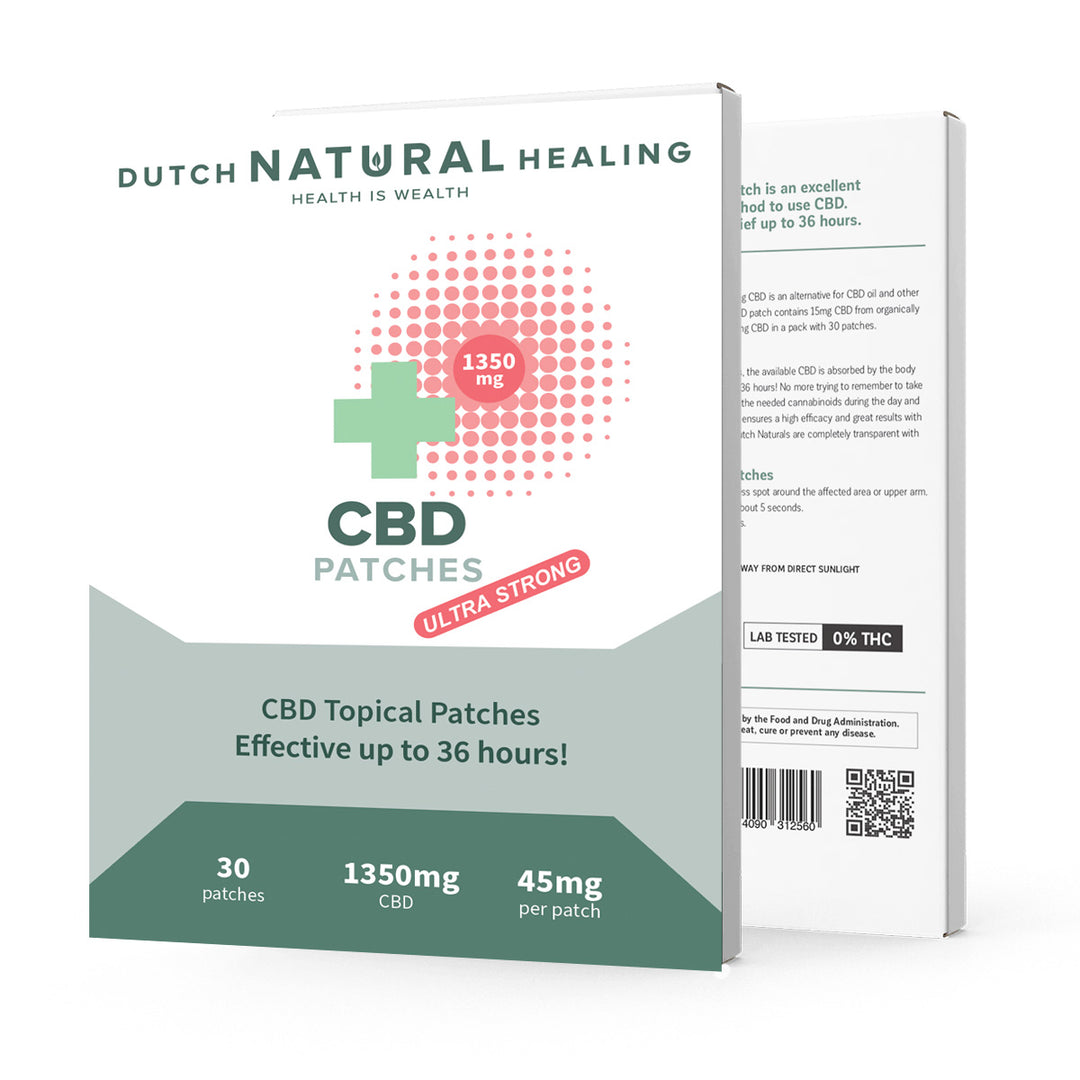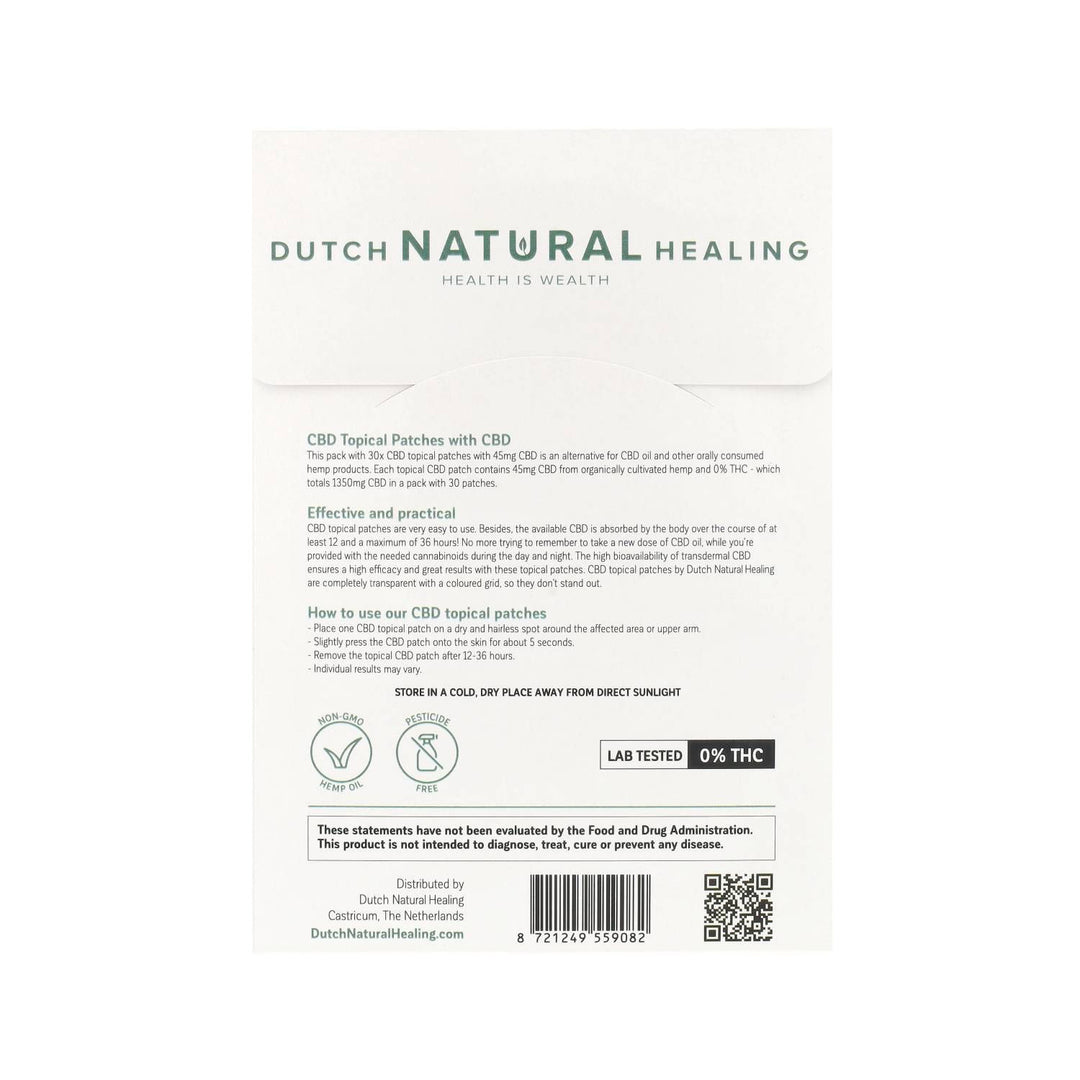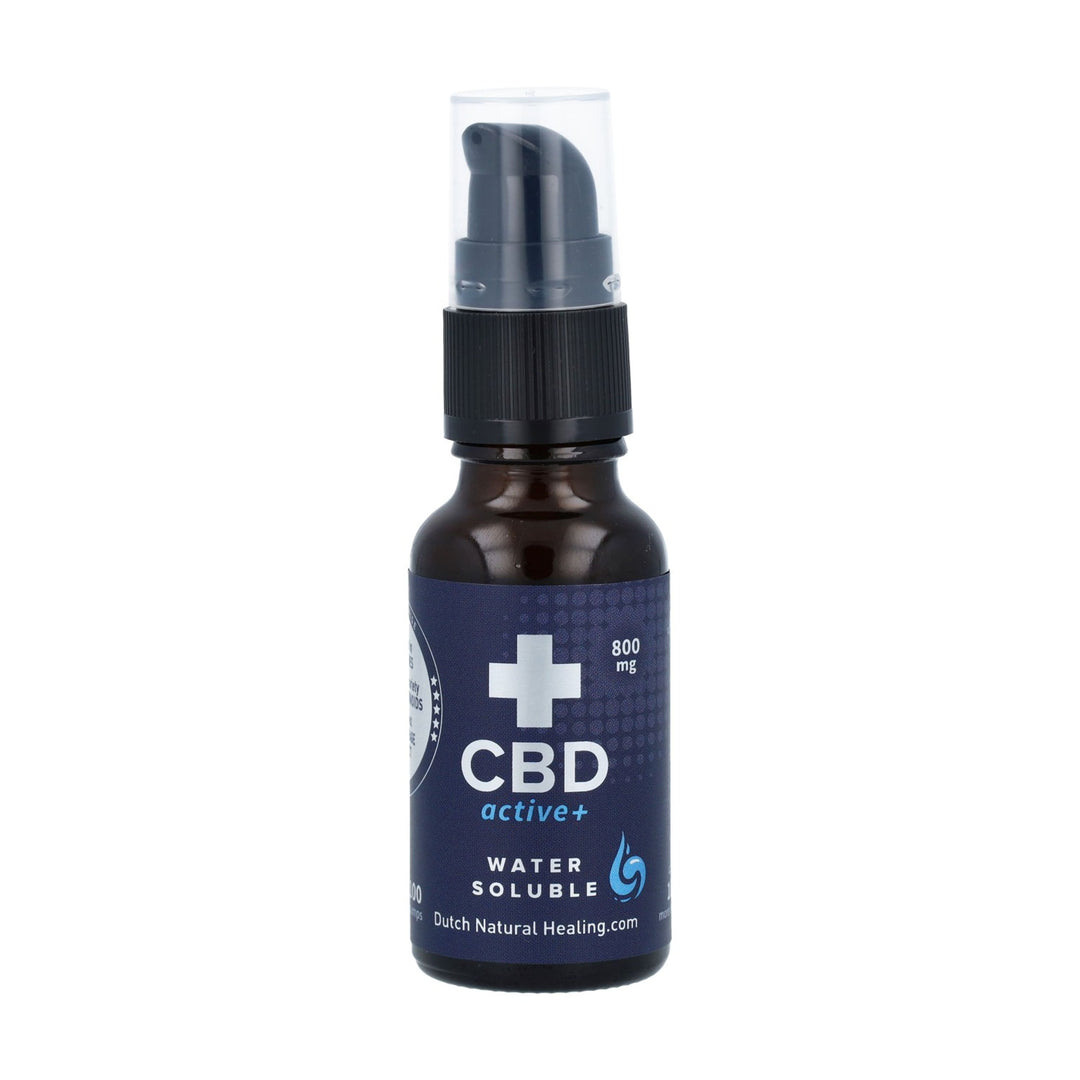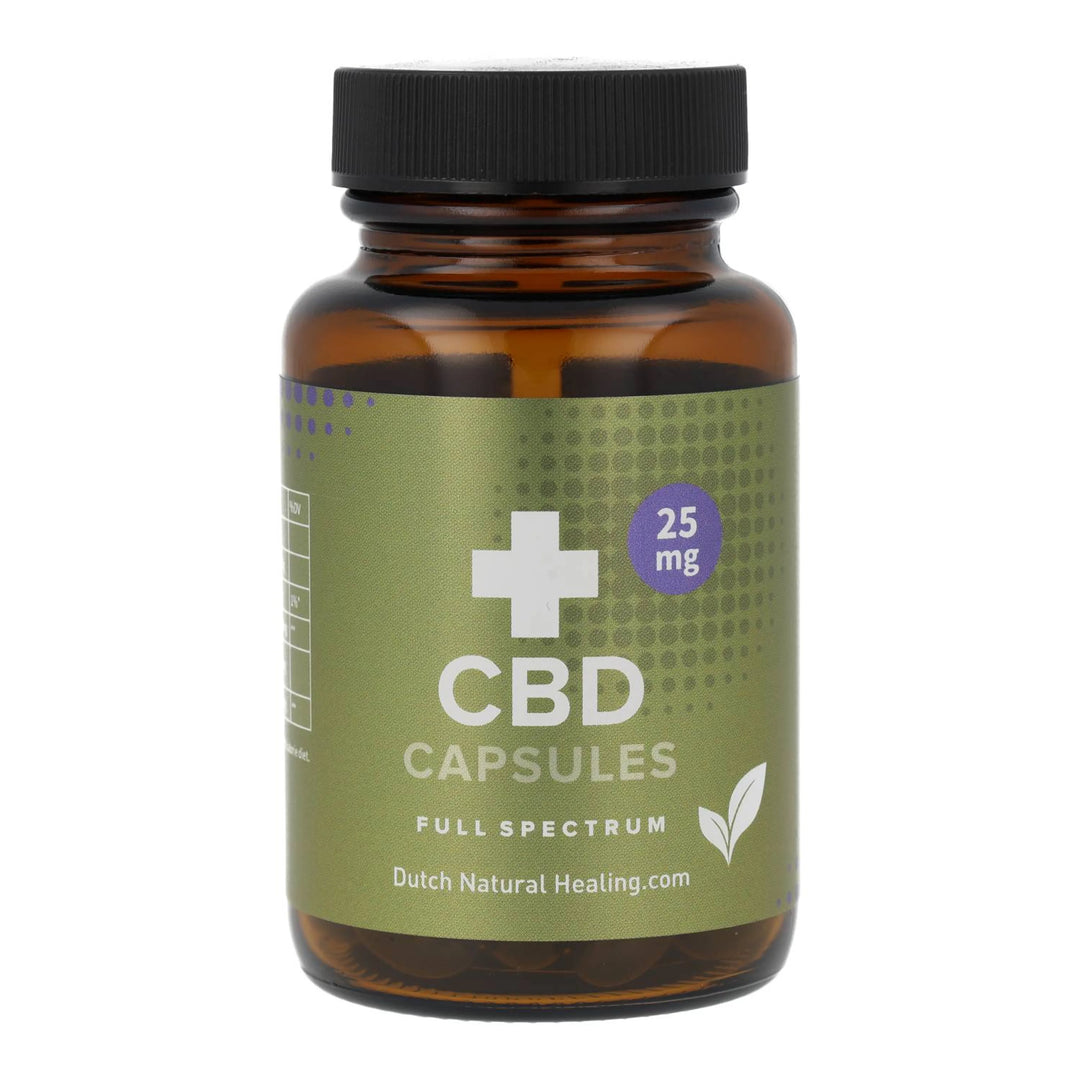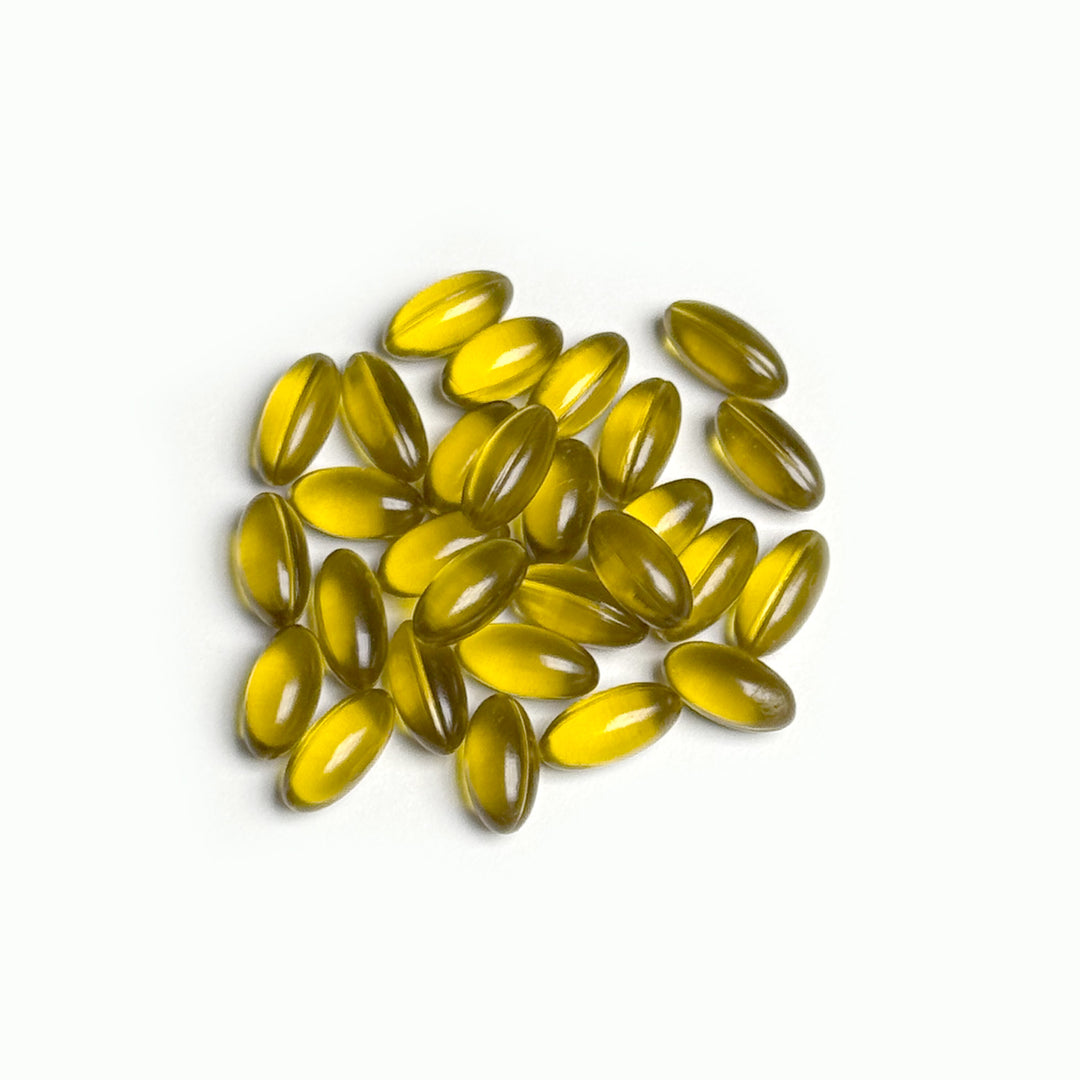CBD, or cannabidiol — one of many bio-active compounds found in the hemp plant, Cannabis sativa — is regarded as one of the most promising natural pharmaceutical agents of our times.
Associated with a wealth of health benefits, such as the management of pain, inflammation, and seizures, CBD has none of the psychoactive effects of the other well-known cannabinoid, THC, and can be taken by most people without any unpleasant side effects.
Please note: All information in this article is made in good faith and supported by medical articles where possible. You should always seek medical advice from a healthcare professional when treating chronic pain, diseases or disorders.
Is CBD Oil Safe To Use?
Evidence from multiple studies says that CBD is safe, and that the compound has a plethora of positive effects on the mind, body, and emotions.
Further evidence that CBD is safe to use is evidenced by the fact that the UK National Health Service prescribes CBD in cases of nausea due to chemotherapy and to sufferers of multiple sclerosis to alleviate their symptoms.
And in the EU, CBD products are licensed for sale if they contain less than 0.3% THC. This means you can rest assured that CBD supplements from a reputable company are safe to use and will have no psychoactive effect whatsoever.
However, if you are pregnant or breastfeeding, you should avoid consuming CBD. A 2019 study suggested that CBD could potentially weaken your immune system when pregnant, although more studies on humans are needed.
How Does CBD Oil Help Manage Chronic Pain?
Research suggests that CBD works in concert with the body’s own chemical messaging network, the endocannabinoid system (ECS). It’s thought that it supports the ECS in its role in pain management, reaction to stress, and perhaps most importantly, inflammation.
Inflammation
Chronic inflammation is intrinsically linked with long-term pain and its presence or absence depends upon the healthy functioning of the ECS.
CBD interacts with the CB2 receptors of the ECS, which are primarily located in the immune system and peripheral tissues. Activation of these receptors by CBD has been shown to modulate the immune response and reduce inflammation.
Arthritis and Joint Pain
Good anecdotal evidence has accumulated from several studies to support the claim that CBD can alleviate pain due to arthritis. In fact, not only does CBD seem to reduce the pain endured by arthritis sufferers, but it can also improve the quality of their sleep and reduce anxiety.
However, as with any supplement, it’s prudent to consult a health professional before taking CBD, as it can interact with some prescription drugs and therefore affect their efficacy.

Migraines
The American Migraine Foundation says the jury is still out on the question of whether CBD is an effective treatment for migraine.
The foundation does say, however, that there is good anecdotal evidence to support claims CBD can help sufferers by alleviating nausea, neck pain, and soreness — all symptoms associated with the debilitating condition.
In fact, some studies do show that CBD can be helpful to migraine sufferers but there is a general consensus that the available research is nascent and that further research needs to be conducted.
Multiple Sclerosis
MS sufferers might also benefit from taking CBD, and studies suggest that the compound can help reduce pain, fatigue, and spasticity, and improve mobility.
As ever, if you are considering taking a supplement to help with a specific health condition, consult your doctor first.
Sciatica and Back Pain
CBD may also help with sciatica and back pain. Research suggests it does this by:
- Reducing inflammation
- Reducing the anxiety that is often experienced by long-term back pain sufferers
- Improving the quality of sufferers’ sleep and enhancing their ability to relax
There’s also compelling evidence to suggest that CBD can influence the way we perceive and experience pain. It does this by promoting a feeling of general well-being and relaxation.
This would account for its effect on back pain, because even though CBD that is ingested is not “site-of-pain specific” it does have a systemic effect on the body and therefore acts on all of our pain receptors.
How Does CBD Oil Help With The Mental Factors of Chronic Pain?
CBD interacts with the neurotransmitters of the ECS and can therefore potentially benefit those suffering from anxiety and depression.
This can offer a significant benefit to those that suffer from chronic pain and the worry and stress that it causes. If we feel relaxed, we’re less tense and likely to focus less on our pain.
Often it’s not just a disease or condition that makes us feel unwell or have negative thoughts — the worry that accompanies ill health can itself profoundly affect how we feel and how we perceive our quality of life.
Another great bonus of using CBD to combat pain is the fact that it is completely non-addictive or habit-forming, unlike many prescription painkillers — especially those that are derived from opiates.
3 Things to Consider Before Taking CBD Oils for Pain
- Consult your health professional
CBD has been known to interact with some prescription drugs and can reduce their efficacy, so it’s vital to check with a healthcare professional that this won’t affect any existing medication or condition.
- Consider how much CBD oil you should take
We always recommend starting with a low dose and then gradually increasing the amount of oil you take, until you find the optimum amount that suits you and your pain levels.
- Be aware of potential side effects
Although very rare, some potential side effects of CBD include mouth dryness, upset stomach, suppressed appetite, drowsiness and tiredness.
How to Take CBD Oil for Pain
CBD oils can be used in a variety of ways:
- Directly place the oil in your mouth
- Add it to a drink, either hot or cold
- Add it to a prepared meal
Always read the label on the supplement you plan to take and make sure you understand the recommended dosage and any possible contraindications.
Finding the right dose may take some trial and error, so start small and increase it gradually. Remember that everyone is different and what works for one person may not be the best supplement for another, so monitor your response to your supplement.
How long does it take for CBD oil to help inflammation in the body?
We all experience the beneficial effects of CBD in different ways and at different speeds, so there are no hard and fast guidelines as to how quickly CBD will work.
For example, some people experience a near-immediate effect after taking CBD: the American Arthritis Association found that many people will feel the effects of a spray or oil within 15-45 minutes.
Other people, however, need to build up a “CBD reserve” before experiencing pain relief. We’re all different, which is why it pays to try out different CBD formulations and products in order to find what works for you.
Keeping a CBD diary to track your usage and how you feel will help you determine the product that works best for you, the dosage to take, and the best time to take it.
Three Products To Help You Manage Chronic Pain
CBD Drops
Probably the quickest, simplest way to take CBD, our CBD drops offer high purity and potency and can form an intrinsic component of your daily health regime and pain management plan.
CBDactive+
CBDactive+ is our very own water-soluble CBD formulation. Consisting of premium hemp extract and our unique BioACTIVE+ mix, it offers superior bioavailability and better value for money in comparison to conventional CBD supplements.
Pure CBD Products
Our Pure CBD range includes CBD pastes and CBD isolate.
Our CBD pastes contain the full range of cannabinoids and terpenes present in the hemp plant, meaning you get raw, unprocessed CBD goodness, and the full potency of the entourage effect — just like nature intended.
Our CBD isolate is the purest CBD supplement currently available anywhere. By further refining our CBD paste we’re able to remove virtually all the other cannabinoids and terpenes in the hemp plant and produce a CBD crystal isolate that is 99.8% pure.





